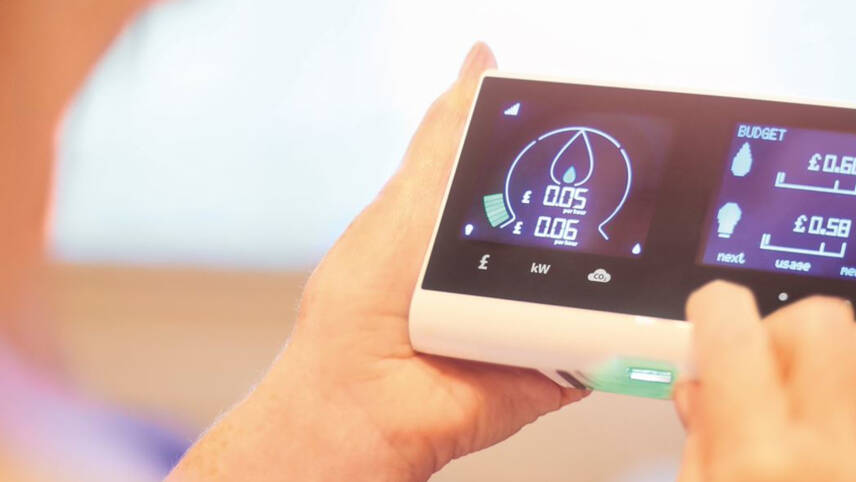This is the Sponsored paywall logged out

The need to accelerate and maintain smart meter installations is increasing. They appear to have stagnated last year, with government statistics showing a consistent decline in overall installations compared to 2022. The final quarter statistics are due this month, which will close off 2023 and set the scene for what needs to be achieved over the next year to ensure the industry doesn’t fall further behind.
2023 smart meter delivery
Q1 2023 saw large energy suppliers installing only 896,700 smart and advanced meters, a 5% drop on the previous quarter, and 3% decrease over the same period in 2022. The next two quarters saw drops of 4% and 6% compared to the same periods in 2022.
Ofgem’s report in November 2023 stated a total shortfall of 1,026,628 smart meters by the deadline. The regulator fined the Big Six gas and electric suppliers £10.8 million as a result – a firm message that targets need to be met. The implementation of Ofgem’s amendment to its annual reporting, which separates smart meter installations by domestic and non-domestic rather than fuel type, took effect on 5 January, putting pressure on energy suppliers to ensure the 2025 target is achieved.
Smart meters are key to transformation
Smart meters are key to the evolution of the energy landscape, supplying essential data that helps provide valuable load projections and fault information, as we heard from Nigel Bessant from SSEN at the recent Utility Week Forum. Installing smart meters in all customers’ homes is essential to learning about demand and planning future infrastructure. So, the quicker the roll-out, the sooner the industry can make crucial decisions and changes to help the consumer make smarter energy choices.
Efficiency of the smart meter installation journey is essential to delivering a successful roll-out for energy suppliers and their chosen meter operators. Implementing a single end-to-end approach, supported by software tooling, significantly enhances some of the crucial installation phases through:
- Job management – enabling effective coordination of all stages of a site visit from a central office.
- Smart meter commissioning – a single visit for installation and commissioning for all energy suppliers.
- Field services application – preconfigured step-by-step worksheets mitigate exceptions.
- Multiple DCC connectors – facilitating the distribution of essential data between multiple energy suppliers, meter operators and the DCC through an app or independently via API.
- Integrated data flows – ensuring the smooth exchange of critical information within the energy supply network.
In the last 12 months, Correla’s Waypoint smart asset commissioning solution has supported leading meter operators in upscaling and accelerating their smart meter operations considerably by:
- Effectively managing and processing over four million commissioning calls.
- Seamlessly processing over one million industry data flows.
- Enabling over 100,000 smart meter installations.
- Overseeing continuous management of over one million smart meters.
- Managing over 2000% growth in daily appointments.
- Supporting a 5000% growth in field engineer usage.
These figures demonstrate our combination of technology and customer service can deliver effective results that support suppliers in achieving their targets. “We are delighted with the role Waypoint is playing in supporting customers who are at the forefront of smart meter delivery, as well as the positive impact it’s having on consumers to achieve greater energy efficiency,” says Andy Szabo, Correla managing director, SaaS.
He adds: “The successful roll-out of smart meters is vital for a sustainable energy future, and Correla remains dedicated to providing functional solutions that drive efficiency, simplification, and scale in the industry.”
Learn more about Waypoint here.





Please login or Register to leave a comment.